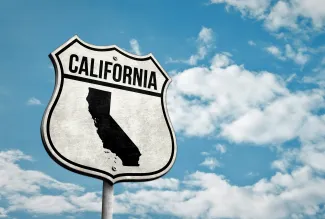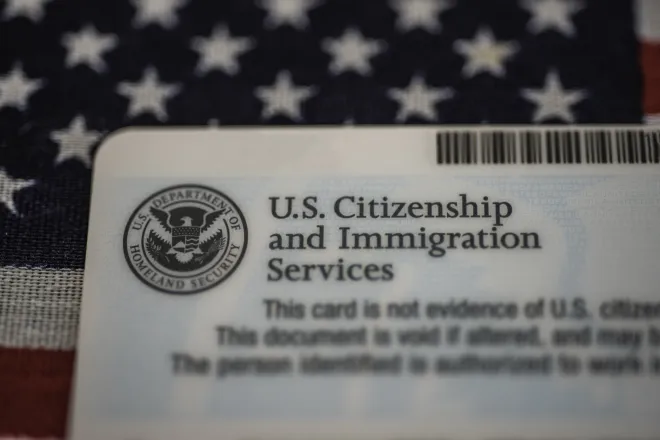
Fast food jobs increasing in California despite rising minimum wage
© Sakorn Sukkasemsakorn - iStock-1397011551
Click play to listen to this article.
(California News Service) New data show fast food jobs have been on the upswing in the four months since the minimum wage in the sector went from $16 to $20 an hour.
The Bureau of Labor Statistics found California added 11,000 new fast-food jobs from April to July and showed increases year over year each month since January.

Michael Reich, professor of economics at the University of California-Berkeley, said the data contradicts doomsday predictions from opponents of raising the minimum wage.
"The knock is that a minimum wage increase would lead to businesses closing, workers getting laid off, and much higher prices," Reich recounted. "That's been the knock on every minimum wage increase since 1938. Indeed, a large number of studies have found that minimum wages do not reduce employment in fast food."
Reich noted while fast food work is expanding, its growth has slowed because overall economic growth has slowed but not because of the higher minimum wage. He said the effect of higher fast-food workers' wages on the overall economy is too small to detect.
Reich pointed out higher wages have certainly benefited workers' bottom line, which leads to more spending in the local economy. They have also led to slightly higher restaurant prices.
"Fast food prices may have gone up one or two percent, compared to how much they increased in other states that did not raise their minimum wage," Reich explained. "That's not enough to reduce consumer spending. So the minimum wage essentially leads to an income transfer from the people who eat in those restaurants to the people who work in those restaurants."
Some individual fast food managers worried they would lose business if they increased their prices to offset higher labor costs. But Reich countered the cost increases affect all fast food restaurants, so individual businesses would not lose market share.















